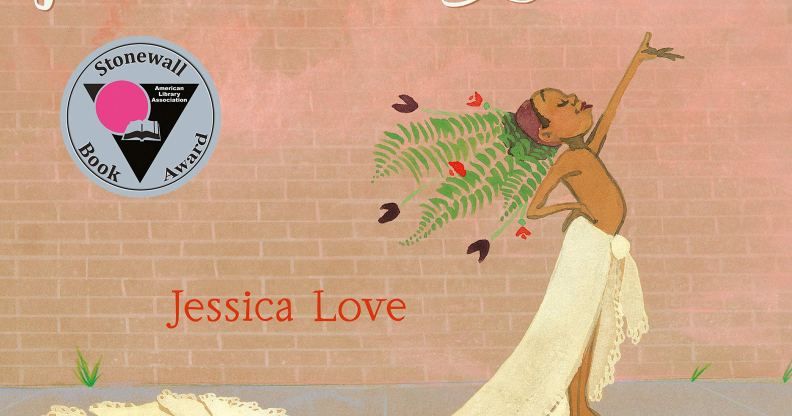A children’s book about a trans mermaid just won a prestigious prize

Children’s picturebook Julian Is A Mermaid. (Amazon)
A children’s picture book about a trans mermaid called Julián has won the prestigious Klaus Fugge prize.
Jessica Love, the author of Julián Is a Mermaid, was named the winner on Wednesday, 11 September. The prize goes to the most exciting and promising newcomer to picture book illustration.
Judge and former children’s laureate Anthony Browne called the book “astonishingly beautiful”.
“Julián Is a Mermaid reminds us that picture books can make us understand the world differently and better; that they are for everyone. It is a groundbreaking book,” said Julia Eccleshare, chair of the judges.
Love told The Guardian that while there had been “the occasional ‘dangerous book spreading the gay agenda’ article” in response to her book about a trans mermaid, “for the most part the reception has been overwhelmingly positive”.
Love grew up with “two very visible queer role models” in her aunt and wife, and said this impacted her writing the book – her first attempt at a children’s picture book.
“They’re the effective heads of the Love family. I never knew a world without strong, gay role models and I’ve seen the impact that has had on the second generation of my family.
“I wanted to make a book that provided that kind of support and pride of place, but quietly; subtly,” she said.
“For me, the coolest part has been the way different people respond to different elements in the story,” added Love.
“There are some folks… who are there for the mermaid stuff, and some people who are there for the identity-affirmation stuff. People reach out to me on social media to tell me what it has meant to their families, to tell me that they were Julián when they were little.”
Winning the £5,000 prize means her “heart is in danger of popping”.
“I put my whole soul into this book, but I didn’t allow myself to hope that it would lead to anything,” she said.
“In fact I firmly hedged my bets against it having any success at all, because it would have been too painful to hope and then be disappointed.
“But then this happens, and I’m proven miraculously, incredibly, joyously wrong.”

